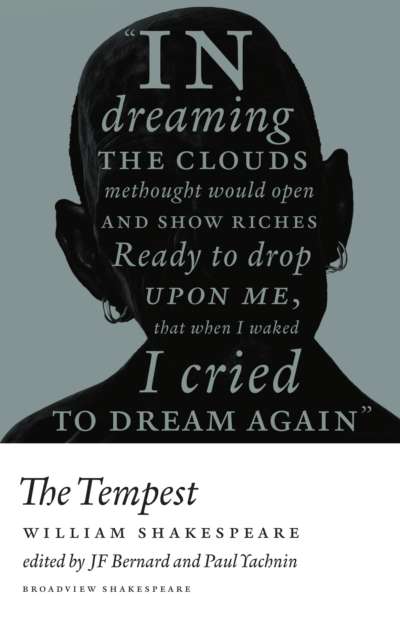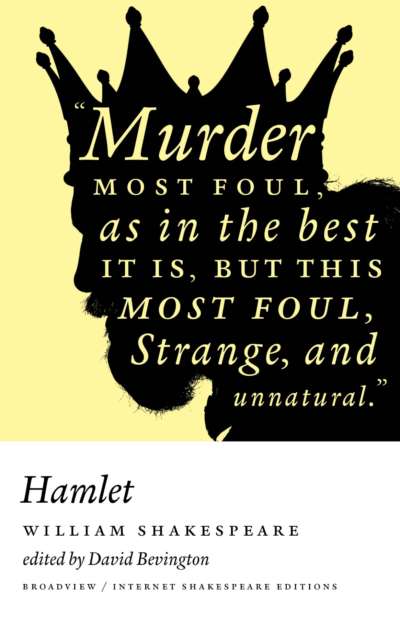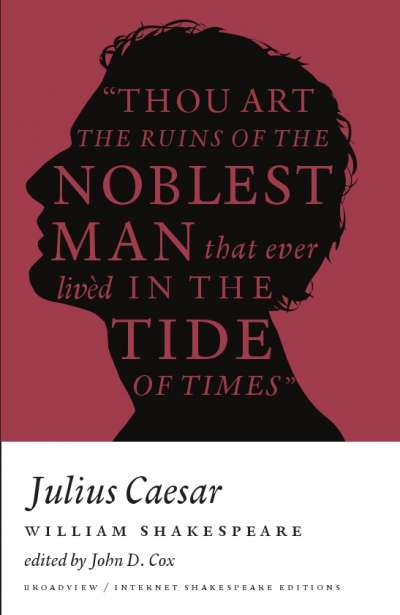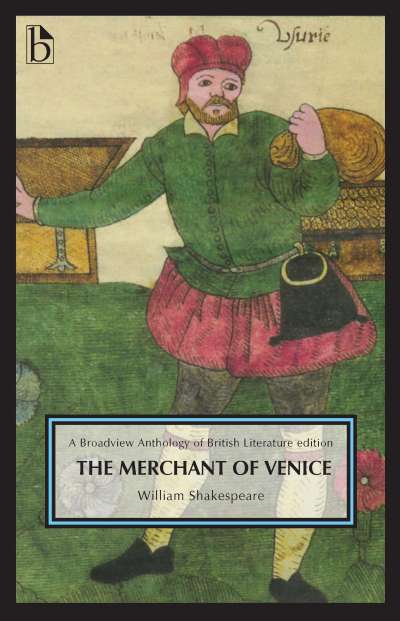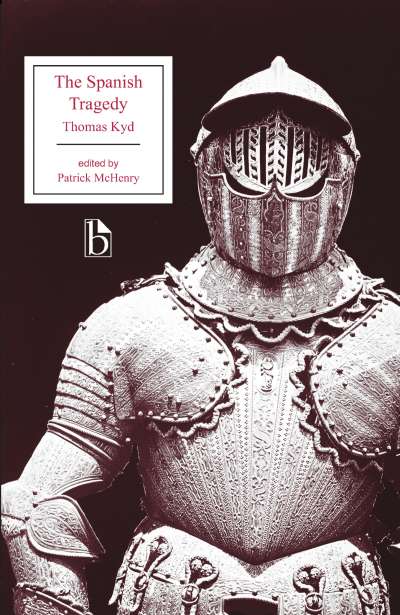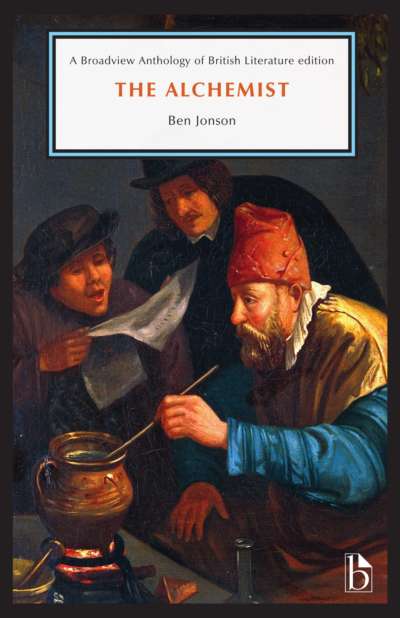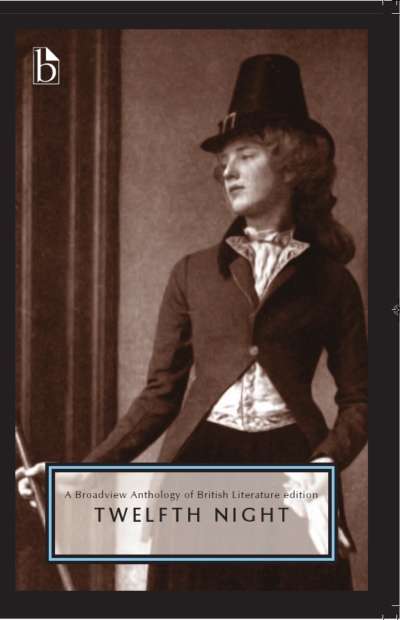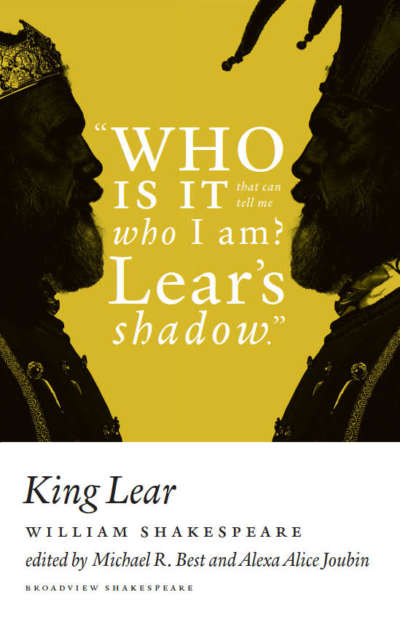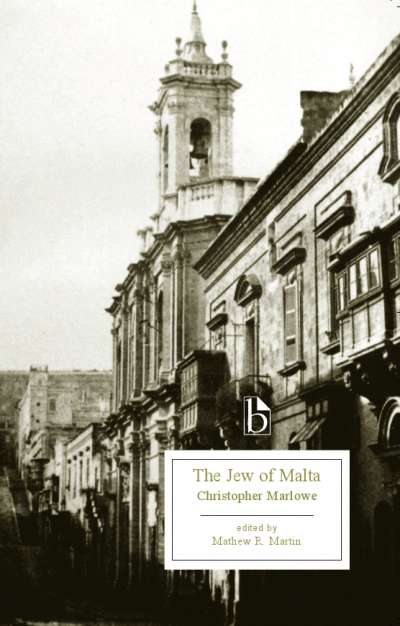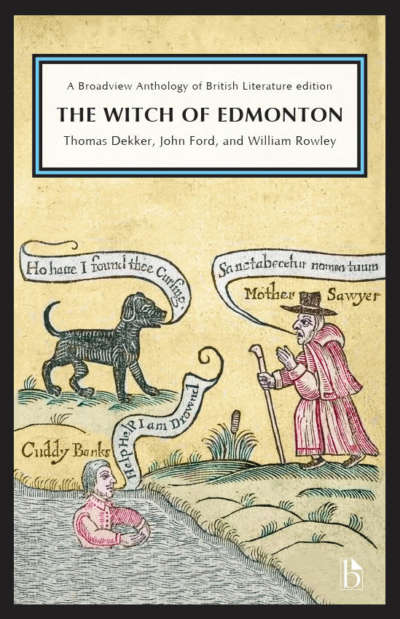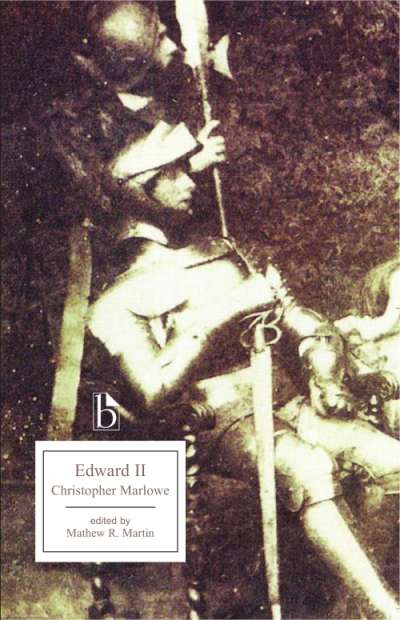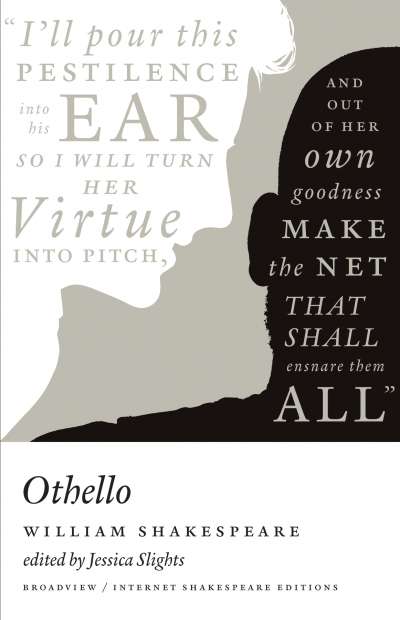The titular “Roaring Girl” of Thomas Middleton and Thomas Dekker’s comedy is Moll Cutpurse, a fictionalized version of Mary Frith, who attained legendary status in London by flouting gendered dress conventions, illegally performing onstage, and engaging in all manner of transgressive behavior from smoking and swearing to stealing. In the course of The Roaring Girl’s lively and complex plot of seduction and clever ruses, Moll shares her views on gender and sexuality, defends her honor in a duel, and demonstrates her knowledge of London’s criminal underworld. This edition of the play offers an informative introduction, thorough annotation, and a substantial selection of contextual materials from the period.
Comments
“With its uncompromising cross-dressed heroine, and its cheerful disregard for conventional sexual mores, The Roaring Girl offers a winning specimen of early modern London’s screwball comedy. Kelly Stage’s terrific edition brings the play’s rollicking schemes into sharp focus through clear accounts of its colorful language and historical references, juxtaposed with contemporary writings on cross-dressing, criminals, tobacco, and the real Moll Frith. This is a welcome resource for first-time readers and scholars alike.” — Tanya Pollard, Brooklyn College and the Graduate Center, City University of New York
“Providing a nuanced and contextually sensitive introduction, Kelly Stage’s excellent edition of The Roaring Girl will prove immensely valuable to undergraduate and graduate students alike. Especially useful is Stage’s careful discussion of clothing transgression in relation to the complex gender and socioeconomic dynamics that shaped the play’s composition and staging. The text includes extensive and detailed explanatory notes that will help students and newcomers unpackage what can be a challenging play. The edition concludes with an array of contemporary historical documents that offer contextual background on issues relating to cross-dressing, theater life, criminality, and material culture.” — Matthew Kendrick, William Paterson University
“Kelly Stage’s edition of Dekker and Middleton’s The Roaring Girl and John Greenwood’s of Jonson’s The Alchemist, both from the Broadview Press, are convenient, handsome volumes … Each of the editors contributes a framing introduction to their play, and these also strike a Goldilocks standard, with a short biography of the playwrights and enough other background information to get a reader underway. Their common tone is informative, brisk, and accessible.” — William N. West, Studies in English Literature, 1500-1900


